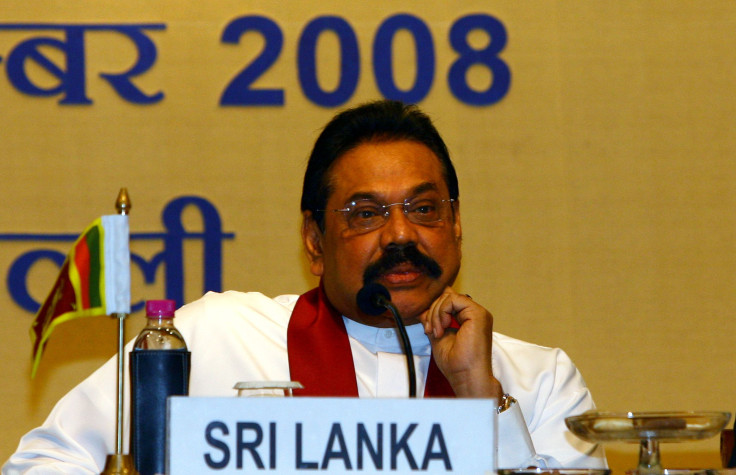UN War Crimes Investigators Will Not Be Allowed To Enter Sri Lanka: Rajapaksa

United Nations investigators probing alleged war crimes committed by the Sri Lankan army during the final stages of a 26-year-long conflict with Tamil separatists will not be allowed to enter the country, President Mahinda Rajapaksa said, according to an Agence France-Presse, or AFP, report published Tuesday.
“We will not allow them into the country,” Rajapaksa reportedly said. “We are saying that we do not accept it (the probe). We are against it.”
Rajapaksa’s comments come just a few days after Navi Pillay, the outgoing United Nations High Commissioner for Human Rights, said that even though the Sri Lankan government had refused to cooperate with U.N. officials, investigations would still go ahead. While the Sri Lankan government had previously criticized her “prejudice and lack of objectivity,” this is the first time Rajapaksa has barred U.N. investigators from the country.
“When it comes to other U.N. agencies, we are always ready to fully cooperate and fully engage with them," Rajapaksa said.
Sri Lankan government forces stand accused of committing widespread human rights violations during the final months of the civil war, which ended in 2009. The Lessons Learnt and Reconciliation Commission, or LLRC, appointed by Rajapaksa in 2010, held the Liberation Tigers of Tamil Eelam, or LTTE -- a Tamil militant organization -- responsible for the deaths of civilians in the country's north, which was a LTTE holdout until the last days of the war.
In March, however, the U.N. Human Rights Commission rejected the LLRC's findings and voted to initiate investigations into the deaths of over 100,000 civilians, alleging that Rajapaksa had failed to oversee a proper inquiry.
The 12-member U.N. commission is expected to collect information, verify allegations of war crimes and present its findings to the UNHRC in March next year.
© Copyright IBTimes 2025. All rights reserved.





















